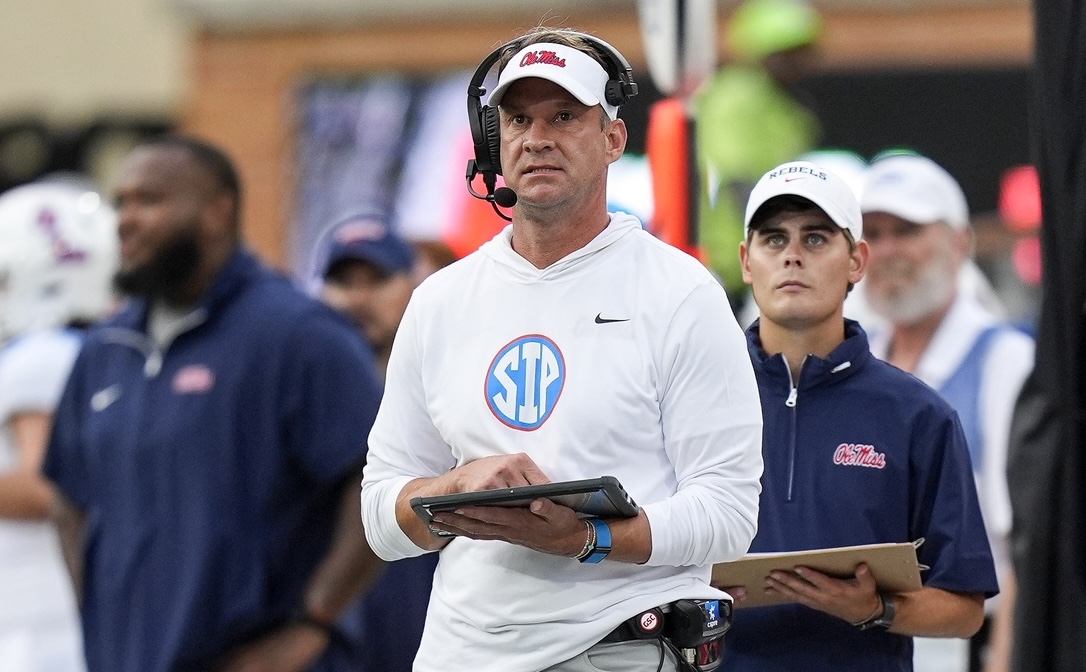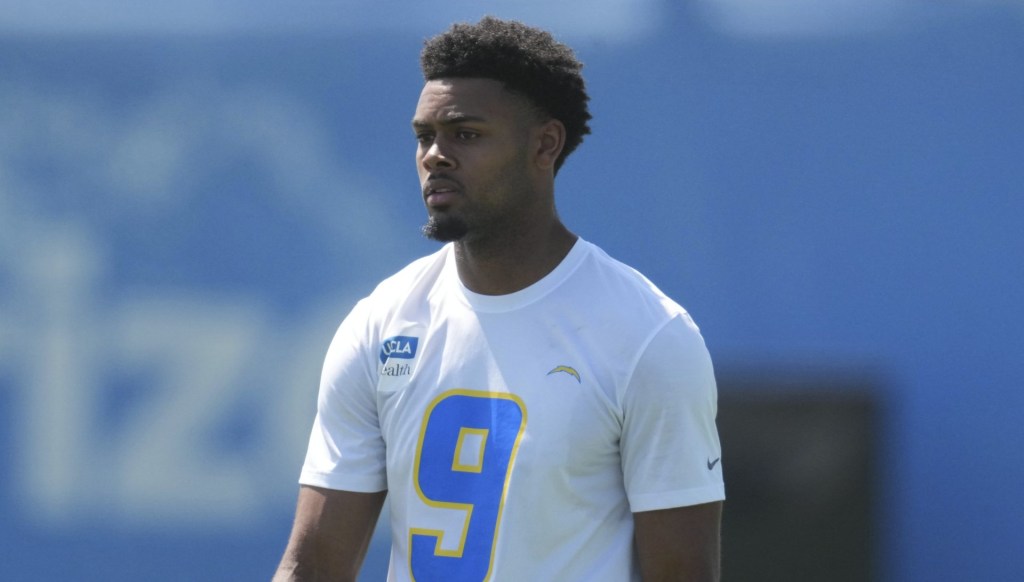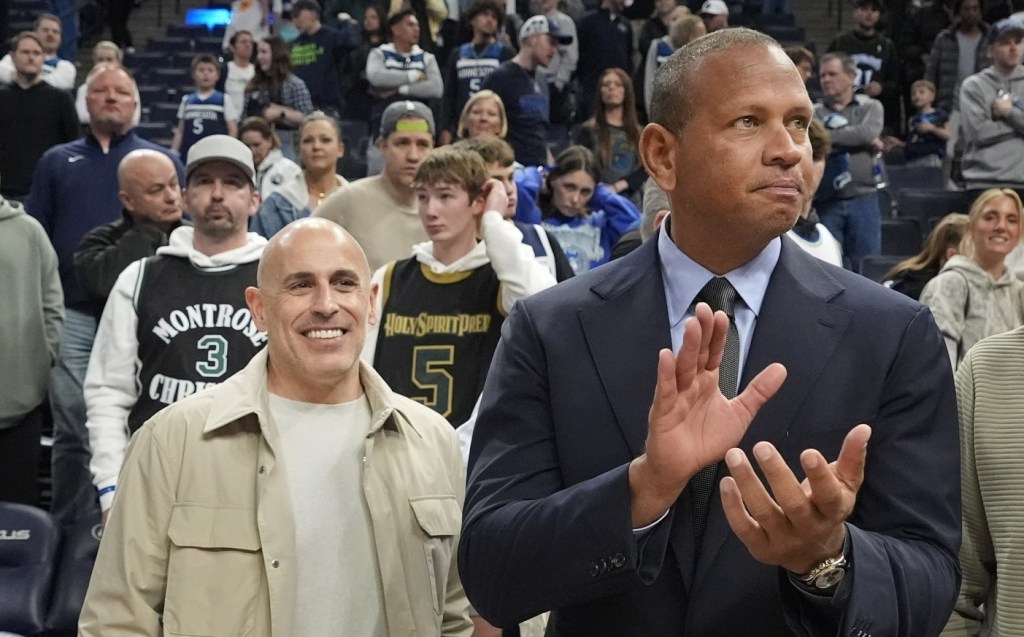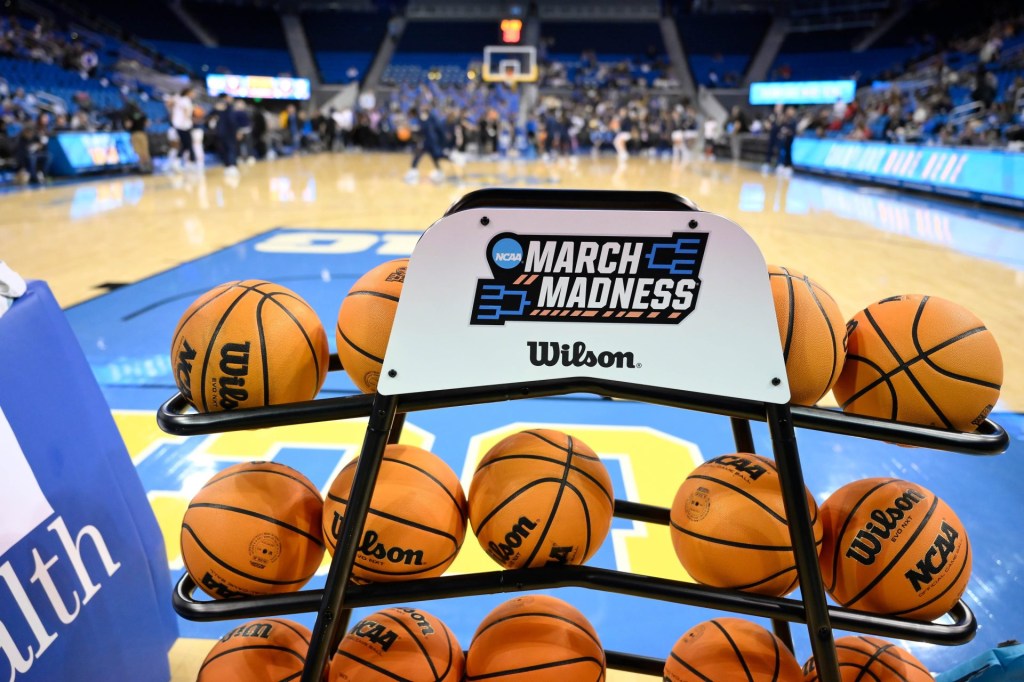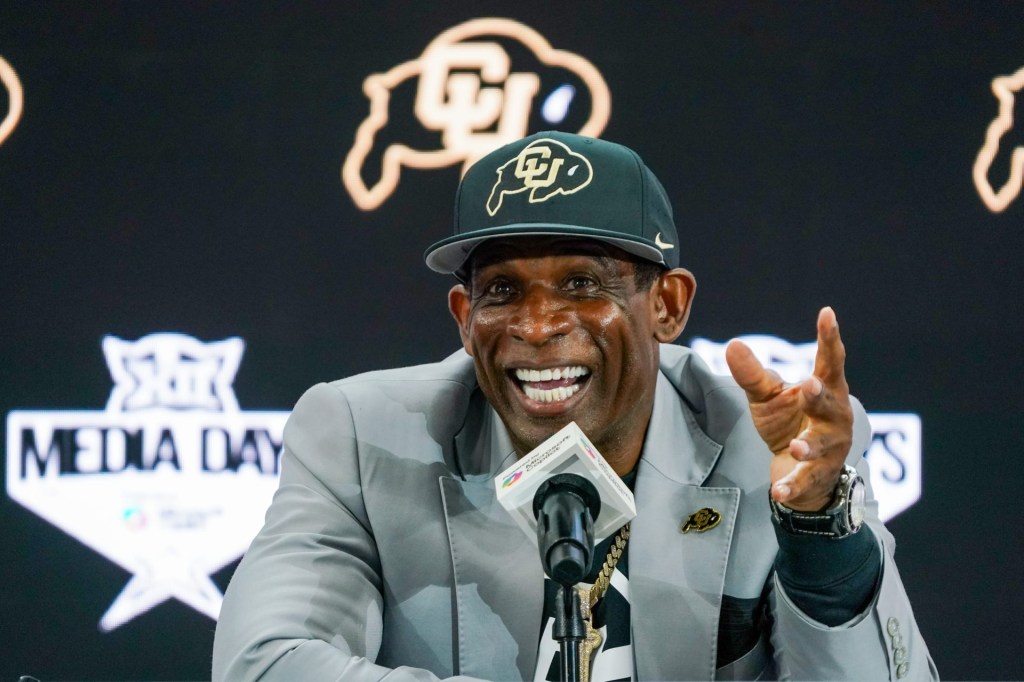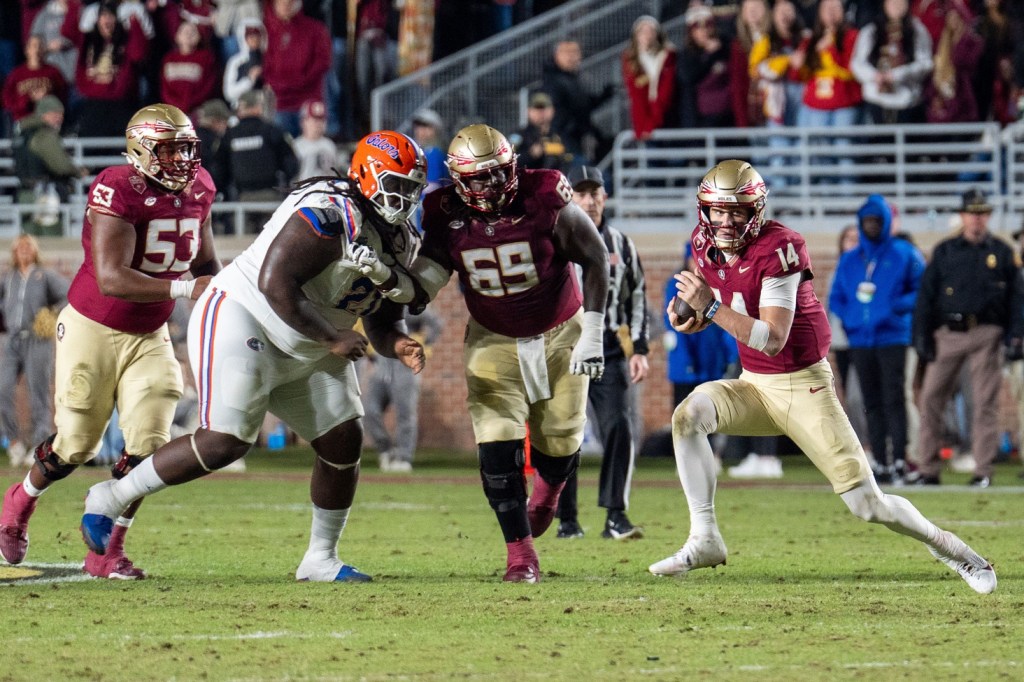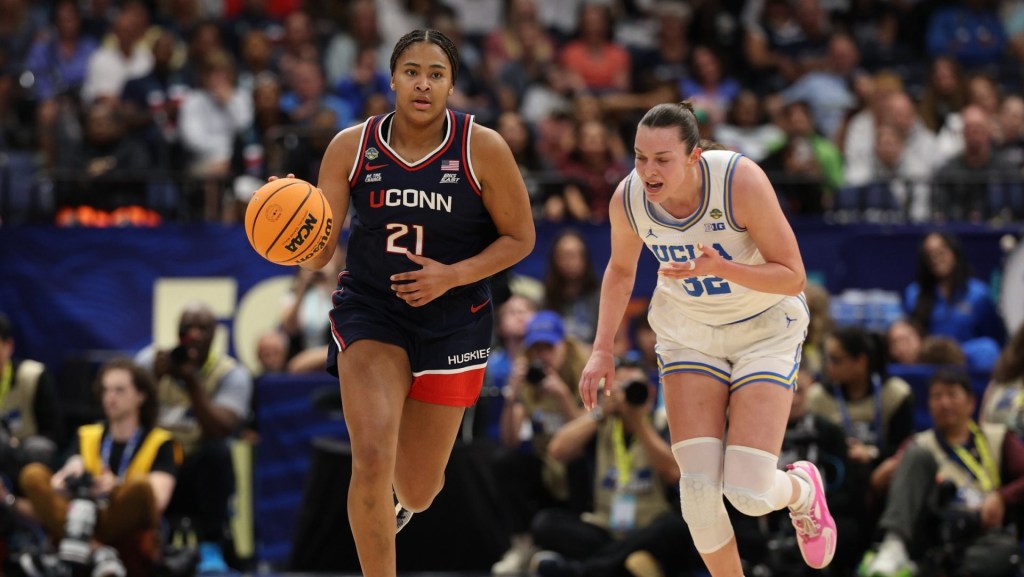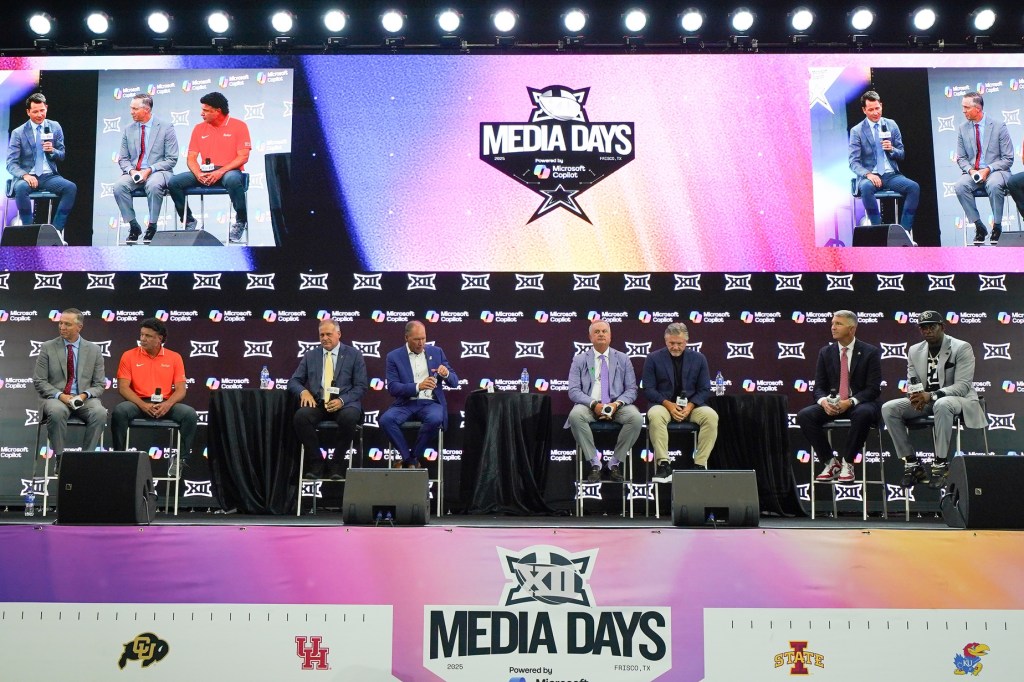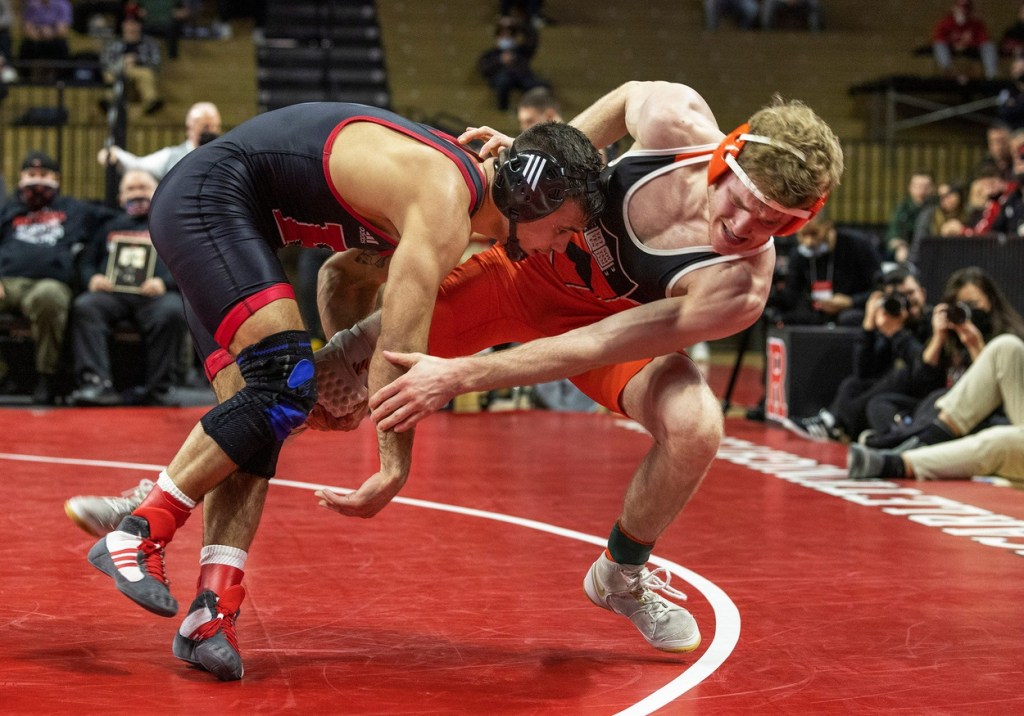Wake Forest would rather pay Ole Miss seven figures than pay them a visit next season.
Fresh off a 40–6 home loss to the Rebels on Saturday in Winston-Salem, N.C., the Demon Deacons bought out the return game in their scheduled home-and-home series and swapped it out for one with Oregon State next season. The decision leaves the Rebels scrambling to fill the new void on their schedule. Unlike the Rebels, the Beavers are not a top-10 team in the country and likely give Wake Forest a higher chance at a win.
Rebels coach Lane Kiffin accused Wake Forest of violating an unofficial code and expressed his dissatisfaction with the school’s handling of the situation so soon after they played.
“That’s rarely ever done,” Kiffin said at his Monday press conference. “I’ve never really heard of doing it, and it really puts us at a big disadvantage. It is what it is. It obviously wasn’t appreciated very much, them putting us in that situation.
“Now we’ve got to go find somebody and most people are all scheduled up,” Kiffin added. “And even when you find somebody, you’ve got to go pay them. It’s kind of an unwritten rule not to do that, actually.”
In announcing the home-and-home series with the Beavers, Wake Forest athletic director John Currie defended the decision to buy out the game.
“We have a high degree of respect for Ole Miss and their fans, and we congratulate them on their victory last weekend in sold-out Allegacy Stadium,” Currie said in a statement Wednesday. “But given the ongoing financial pressures of the new era of college athletics and our priority on continuing to grow resources to benefit our student-athletes, it was the right business decision to secure this two-game home-and-home series with Oregon State, and cancel the planned game in Oxford next year.”
Wake Forest reportedly paid Ole Miss $1 million to buy itself out of the return game; a buyout fee is a standard part of any non-conference series agreement.
The game was scheduled for Sept. 13, 2025, in Oxford, Miss. Non-conference football games tend to be scheduled years out, if not further. But the 2020 COVID-19 season demonstrated that scheduling could, in fact, be done on the fly to some extent.
Conference realignment has also impacted scheduling. Before Oklahoma joined the Southeastern Conference, the Sooners were slated to play Georgia and Tennessee in marquee non-conference series. OU’s decision to join the SEC led to the series getting canceled and both schools settled for lesser opponents.
The SEC requires teams to have one non-conference opponent from a Power 4 conference or major independent, which means the Rebels either have to schedule one quickly or seek a waiver from the conference to play four non-conference games against non–Power 4 teams.
